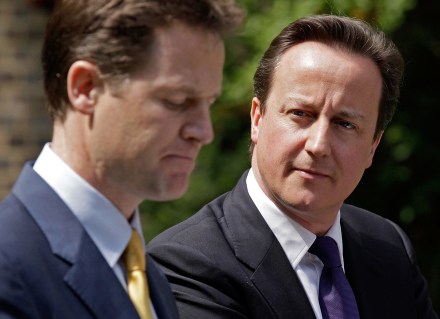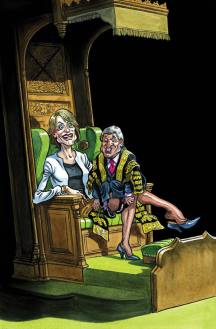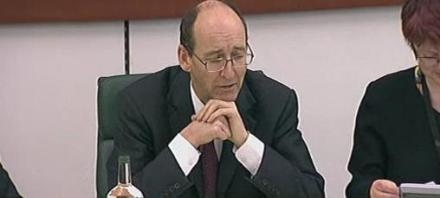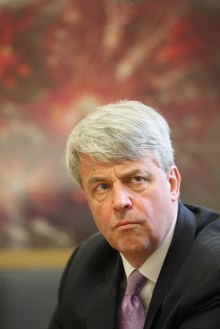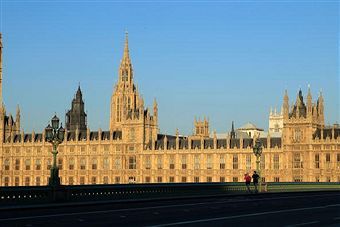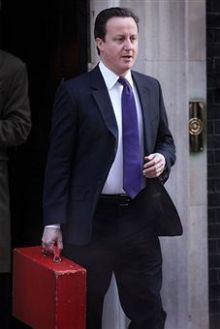The coalition’s self-repair effort will meet backbench resistance
This week, breakage. Next week, super glue. Given the noises emanating from Downing Street, there’s little doubt that the Tory and Lib Dem leaderships are going to do a repair job on the coalition once the AV referendum has been decided. As Rachel Sylvester puts it in her column (£) today, “Mr Cameron and Mr Clegg have had several amicable meetings to discuss how to handle the fall-out from the referendum. Both agree that whoever wins should be gracious, and allow the lower to take a bit more of the limelight in the weeks after the vote.” They will be looking for quick and easily triggered bonding mechanisms, not least
